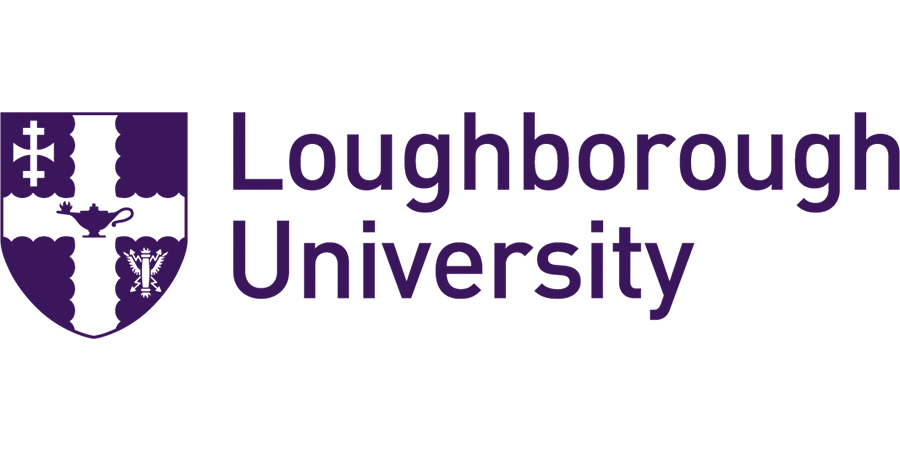PhD Studentship: Environmental Evaluation of Microcomb Stability
Loughborough University - School of Science, Department of Physics
| Qualification Type: | PhD |
|---|---|
| Location: | Loughborough |
| Funding for: | UK Students |
| Funding amount: | Fully funded |
| Hours: | Full Time |
| Placed On: | 5th December 2024 |
|---|---|
| Closes: | 2nd February 2025 |
| Reference: | AP2/PH/2024 |
Start date: 1 April 2025, 1 July 2025, 1 October 2025
Full-time: 4 years
Part-time: 8 years
Subject area(s): Physics
This PhD project, blending theoretical and experimental approaches, aims to revolutionize quantum technologies by developing ultra-precise timing counters. Central to this endeavour is the advancement of optical frequency combs, which are the cornerstone of modern optical atomic clocks. These combs, recognized with a Nobel Prize in 2005, consist of ultraprecise, equally spaced laser lines. Our project, conducted at the forefront of integrated photonics, nonlinear physics, and smart optical computation, will push the boundaries of miniaturization for these sources. The focus is on a ground-breaking nonlinear optical wave, known as the temporal laser cavity soliton, a recent discovery at Loughborough’s Emergent Photonics Lab [1,2], for creating ultra-efficient and resilient microcombs. You will be part of Prof Alessia Pasquazi's dynamic team in collaboration with DSTL, contributing to novel science, advancing industrial impact and producing leading-author publications in peer-reviewed journals. Presentations at selected international conferences will also be a key aspect of your role.
Loughborough University champions inclusivity. Familiarize yourself with our policies on flexible working, maternity/parental leave, and our commitments to Athena Swan, the Race Equality Charter, Disability Confident Employer and Stonewall Diversity Champion statuses.
Supervisors
Primary supervisor: Professor Alessia Pasquazi
Secondary supervisor: Professor Marco Peccianti
Entry requirements
Our entry requirements are listed using standard UK undergraduate degree classifications i.e. first-class honours, upper second-class honours and lower second-class honours.
Entry requirements for United Kingdom
Applicants should have, or expect to achieve, at least a 2:1 Honours degree (or equivalent). We welcome applications from exceptional students with STEM backgrounds (physics, engineering, applied mathematics, advanced mechanics) intersecting with photonics.
English language requirements
Applicants must meet the minimum English language requirements. Further details are available on the International website.
Fees and funding
Tuition fees for 2024-25 entry
UK fee: Fully funded Full-time degree per annum
International fee: Fully funded Full-time degree per annum
Tuition fees for 2025-26 entry
UK fee: Fully funded Full-time degree per annum
International fee: Fully funded Full-time degree per annum
Fees for the 2024-25 academic year apply to projects starting in October 2024, January 2025, April 2025 and July 2025.Fees for the 2025-26 academic year apply to projects starting in October 2025.
The studentship is for 4 years and provides a tax-free stipend of £22,987 per annum (consisting of £19,237 UKRI funding plus £3,750 industry top-up) plus tuition fees at the UK rate. Funding for conference travel, lab materials, and a placement at an industry partner is also available. Please note, due to the nature of the PhD project the studentship is only available to UK nationals.
How to apply
All applications should be made online via the above ‘Apply’ button. Under programme name, select Physics. Please quote the advertised reference number: AP2/PH/2024 in your application.
To avoid delays in processing your application, please ensure that you submit the minimum supporting documents, including a CV.
The following selection criteria will be used by academic schools to help them make a decision on your application.
Application deadline: 2 February 2025
Advert information
Type / Role:
Subject Area(s):
Location(s):









